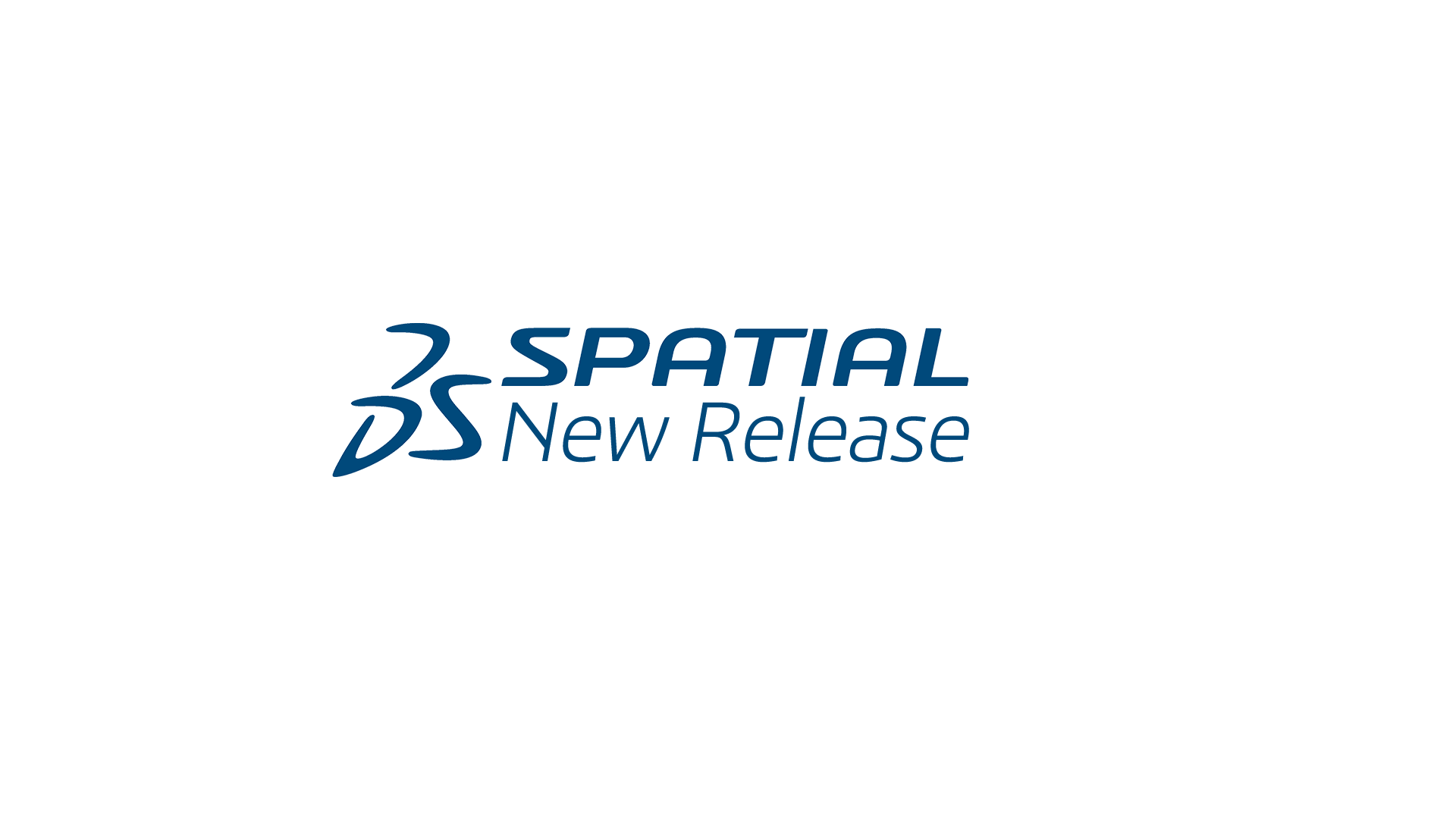2025 1.0 - Spatial Unveils Latest Updates Across Key Product Lines, Delivering Enhanced Performance, Workflow Efficiency, and Automation Capabilities
Release Highlights:
- 3D InterOp: Improved Performance and New Functionality
- 3D ACIS Modeler: Automating Complex Metalworking Tasks and Slice Operations Performance Improvements
- CGM Modeler: The Mid-Surface Operator Now Includes an Absolute Offset Mode
- CSM-CVM: Improved Robustness and Volume Proximity Layer Generation
- 2025 1.0. Release Notes
3D InterOp: Improved Performance and New Functionality
Performance Improvements of 3D Data Import
Fine-tuned parallel processing combined with format-specific reader optimizations deliver significant reductions in import times. Specifically, improvements are seen in many formats including IGES, STEP, Inventor, Solid Edge, Creo, SOLIDWORKS, and Navisworks, with SOLIDWORKS import times reduced by up to 50% and average performance gains of 22% for Solid Edge and 24% for Inventor. For files that do not contain native visualization, the performance of faceting imported BREP has improved by an average of 25% in formats like STEP, IGES, and Parasolid. This accelerates workflows that rely on previews such as design reviews, technical documentation, and VR applications.
Optimization of Memory Usage During Imports
In this release, efforts to reduce memory usage significantly decrease peak memory and page file usage, particularly for SOLIDWORKS imports, where up to 78% reductions in peak page file usage were achieved. But memory growth has also been reduced for running multiple translations in succession. This enables handling of larger, more complex models and increases the number of operations that can run in batch processes, both on desktops and servers.
Support Assembly Cut Features from within the SOLIDWORKS Reader
Accurate import of assembly cuts, such as extruded holes and cutouts, preserves design intent and eliminates the need for manual adjustments post-import. This enhancement was initially introduced for the 3D InterOp Creo Reader and is now extended to SOLIDWORKS.
Data Prep Add-On: Ongoing Commitment to Development
This update includes performance and robustness improvements to enhance the data preparation experience. In addition, the part-level Hidden Body Removal feature is now available for testing with assembly-level coming soon. This functionality allows users to streamline their workflow by filtering out unnecessary components at the part level.

|

|
|
Original V6 Engine: |
|
|
Data Prep add-on to 3D InterOp allow a lighter assembly |
|
Consult Spatial today for additional details about 3d InterOp's new capabilities, or follow the buttons below to learn more.
3D ACIS Modeler: Automating Complex Metalworking Tasks and Slice Operations Performance Improvements
This new API automatically detects bends in sheet metal bodies and unfolds them. The API allows developers to integrate unfolding functionality quickly in their CAM applications.
 |
|
| Input for Auto Unbend | Output of Auto Unbend |
Consult Spatial today for additional details about ACIS Modeler’s capabilities, or follow the button below to learn more about the SDK.

CGM Modeler: The Mid-Surface Operator Now Includes an Absolute Offset Mode
This new mode generates a mid-surface by offsetting the faces on one side of the body. This algorithm is designed to be robust and performant for parts with uniform thickness.
Consult Spatial today for additional details about CGM’s capabilities, or follow the button below to learn more about the SDK
CSM-CVM: Improved Robustness and Volume Proximity Layer Generation
Meshing Improvements for CSM
In this release, mesh quality has been improved for sliver faces.
|

|
| 2024.1.0.1 : sliver triangles generated | 2025.1.0.0 : better mesh quality in areas with thin CAD patches |
In January 2025, surface anisotropic ratio control will be made available.

|
 |
| 2024.1.0.1: The anisotropic ratio is a global parameter |
2025.1.0.0: Patch in Jan. 25 : Capability to set the anisotropy per patch |
Volume Proximity Layer Generation Enhancement
Enhanced volume proximity layer generation simplifies the creation of consistent meshing layers in thin sections, eliminating the need for manual sizemaps. This benefits industries such as plastic injection molding and chip design by improving meshing consistency.

|

|
| 2024.1.0.1: Capability to set a number of layers within only thin sections |
|
Consult Spatial today for additional details about CSM/CVM's capabilities, or follow the button below to learn more about the SDK

Support for Linux ARM
Beginning with this release, Spatial now supports Linux ARM for the 3D modelers ACIS and CGM as well as CSM-CVM and CDS. Spatial also supports a pre-release version of 3D InterOp on Linux ARM.
2025 1.0 Release Notes
3D InterOp & Data Prep:: Refer to the 3D InterOp Release Notes for a complete list of updates
3D ACIS Modeler: Refer to the 3D ACIS Modeler release notes for a complete list of updates
CGM Modeler: Refer to the CGM Modeler release notes for a complete list of updates
CSM/CVM: Refer to the CSM/CVM release notes for a complete list of updates
About Spatial Corp
Spatial Corp, a Dassault Systèmes subsidiary, is the leading provider of 3D software development toolkits for technical applications across a broad range of industries. Spatial 3D modeling, 3D visualization, and CAD translation software development toolkits help application developers deliver market-leading products, maintain focus on core competencies, and reduce time-to-market. For over 35 years, Spatial’s 3D software development toolkits have been adopted by many of the world’s most recognized software developers, manufacturers, research institutes, and universities. Headquartered in Broomfield, Colorado, Spatial has offices in the USA, France, Germany, Japan, China, and the United Kingdom. For more information on Spatial’s latest updates and product offerings, please visit www.spatial.com.






















